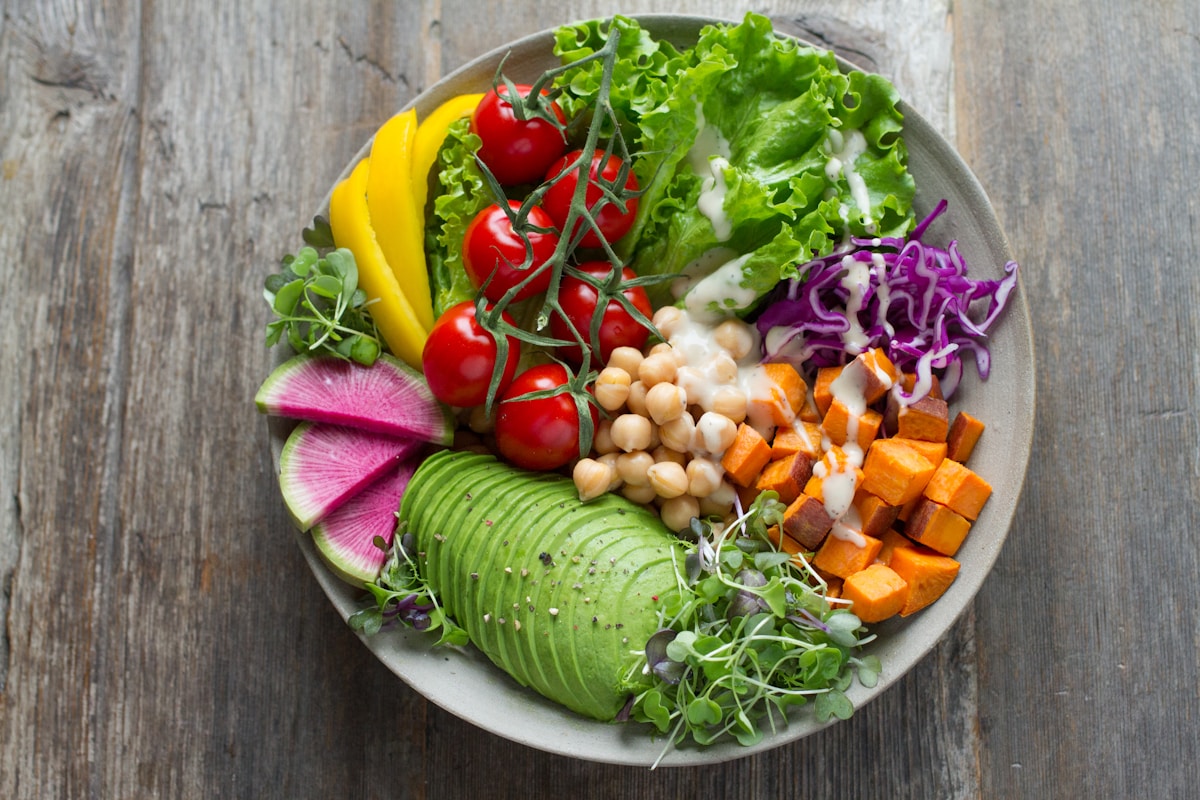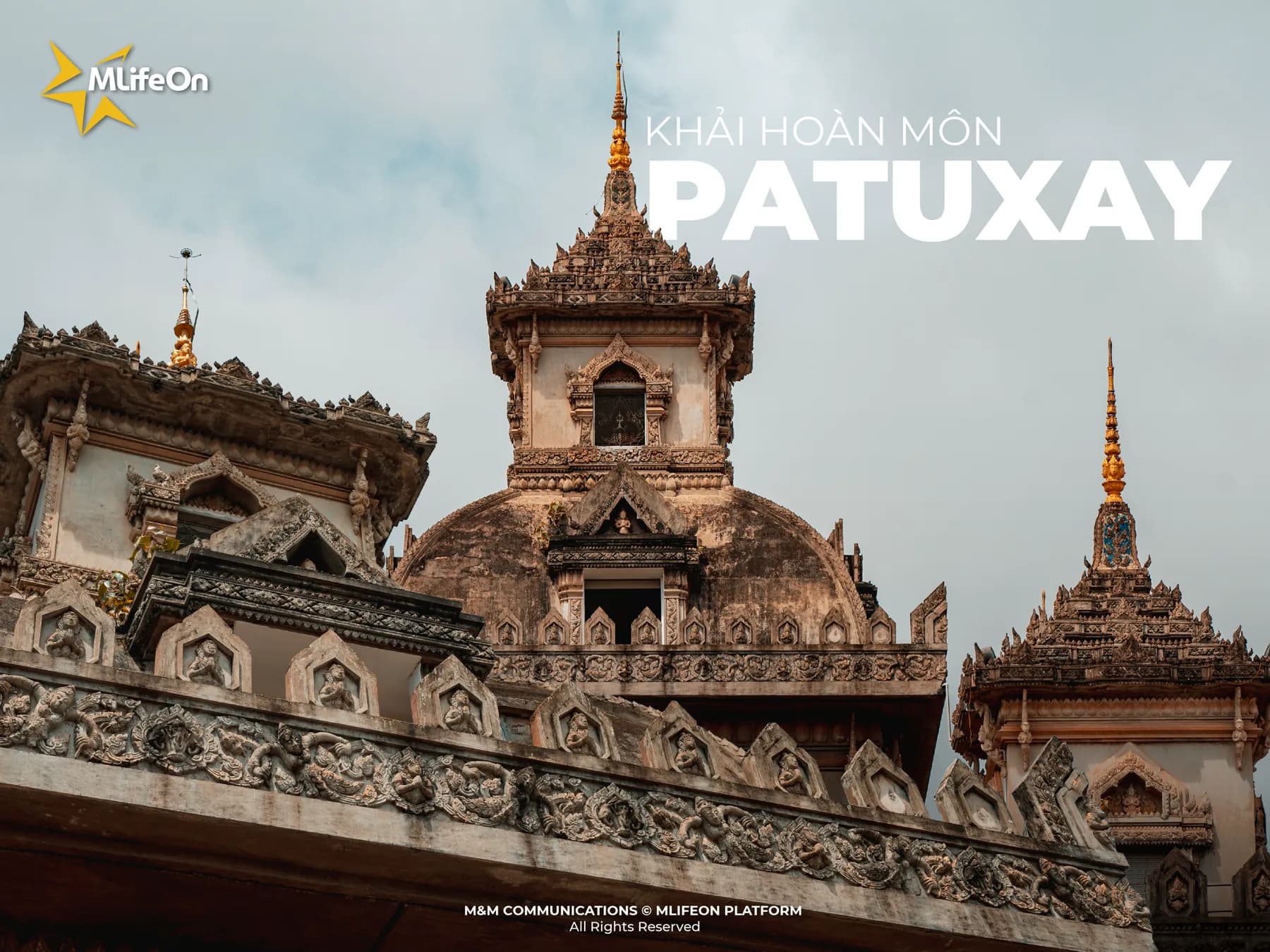Buddhist vegetarian cuisine in Sydney offers remarkable culinary experiences combining ethical dining, health benefits, and centuries-refined cooking techniques. From temple restaurants to Vietnamese cơm chay eateries, Sydney's Buddhist vegetarian scene demonstrates that meat-free eating can be deeply satisfying and delicious.
As someone who regularly eats at Buddhist vegetarian restaurants, I've discovered a cuisine that's creative, flavorful, and philosophically grounded in compassion. Whether you're vegetarian, vegan, or simply curious about plant-based eating, Buddhist vegetarian food offers unique culinary perspective.
Why Buddhists Practice Vegetarianism
Buddhist vegetarianism stems from the first precept—ahimsa (non-harm). Not killing sentient beings extends beyond human life to animals, making vegetarian diet logical extension of Buddhist ethics.
Additionally, Buddhist philosophy recognizes interconnection of all life through karma and rebirth. The animal you eat might have been a relative in previous life—a perspective that naturally encourages compassion toward all creatures.
However, vegetarianism isn't universally required in Buddhism. Theravada traditions historically allowed monks to eat meat if offered (not killed specifically for them). Mahayana Buddhism, particularly in East Asia, developed stronger vegetarian traditions.
Buddhist Dietary Principles
Beyond avoiding meat, Buddhist vegetarian cuisine follows additional principles:
No Pungent Vegetables: Traditional Buddhist cooking excludes garlic, onions, leeks, chives, and shallots. These are considered to stimulate desires and disturb meditation practice.
No Alcohol: The fifth precept prohibits intoxicants, so authentic Buddhist vegetarian restaurants don't serve alcohol.
Mindful Eating: Food is prepared and consumed with awareness, gratitude, and moderation—avoiding gluttony while ensuring adequate nutrition.
Temple Restaurants in Sydney
Nan Tien Temple - Jade Garden Restaurant
Nan Tien Temple in Wollongong operates Jade Garden Restaurant serving authentic Buddhist vegetarian Chinese cuisine. The buffet-style service offers remarkable variety—stir-fries, noodles, rice dishes, mock meats, vegetables, soups, and desserts.
What impresses me is how satisfying the food is without meat, onions, or garlic. Skillful use of mushrooms, tofu, wheat gluten, and vegetables creates textures and flavors that even meat-eaters appreciate. The mock duck and braised eggplant are particularly excellent.
Prices are reasonable (around $20-25 for buffet), and the peaceful temple setting enhances the dining experience. Eating here combines nourishment with spiritual atmosphere.
Vietnamese Temple Food
Vietnamese Buddhist temples like Phuoc Hue and Quang Minh serve vegetarian meals after major ceremonies and during festivals. While not commercial restaurants, the communal meals showcase Vietnamese Buddhist culinary traditions.
The food reflects Vietnamese flavors—fresh herbs, rice paper rolls, noodle soups, stir-fries—all meat-free. Volunteers prepare dishes using traditional recipes passed through temple communities for generations.
Participating in temple meals requires attending ceremonies, but it's one of the most authentic Buddhist vegetarian food experiences available—combining spiritual practice with community eating.
Vietnamese Cơm Chay Restaurants
Cơm chay literally means 'vegetarian rice' but refers broadly to Vietnamese Buddhist vegetarian cuisine. Sydney has excellent cơm chay restaurants, particularly in western suburbs with large Vietnamese populations.
What Makes Cơm Chay Distinctive
Vietnamese Buddhist cooking has developed sophisticated techniques creating meat-like textures and flavors from plant ingredients. Mock meats made from tofu, wheat gluten (mì căn), mushrooms, and vegetables simulate chicken, pork, fish, and seafood.
Signature dishes include:
Phở Chay: Vegetarian pho using vegetable broth, tofu, mock meat, and abundant herbs. The depth of flavor rivals meat-based versions.
Chả Giò Chay: Vegetarian spring rolls filled with vegetables, mushrooms, and vermicelli. Crispy, flavorful, and completely plant-based.
Gà Chay: Mock chicken made from soy protein or wheat gluten, seasoned and cooked to resemble chicken in texture and flavor.
Cá Chay: Mock fish using mushrooms or tofu skin, shaped and flavored to mimic fish dishes.
The skill involved in creating these mock meats is remarkable. Chefs spend years perfecting techniques, and experienced cơm chay cooks are highly respected.
Recommended Cơm Chay Restaurants
Loving Hut (Multiple Locations): International vegan chain with locations across Sydney. While not exclusively Buddhist, it follows similar principles—no meat, no alliums (garlic/onions), no alcohol. The menu is extensive with Vietnamese, Chinese, and Western options.
Green Gourmet, Newtown: Popular vegetarian Vietnamese restaurant serving cơm chay-style dishes. The mock duck and lemongrass 'beef' are particularly good.
Bodhi Restaurant, CBD: Upscale vegetarian restaurant in converted church, serving Asian-fusion cuisine with Buddhist vegetarian influences. More expensive but excellent for special occasions.
Buddhist Vegetarian Shopping
Asian grocery stores in areas like Cabramatta, Bankstown, and Hurstville stock extensive Buddhist vegetarian products—mock meats, vegetarian fish sauce, mì căn (wheat gluten), specialty tofu products.
These ingredients allow home cooking of Buddhist vegetarian dishes. Packaged mock meats, while not as good as fresh temple versions, make vegetarian cooking accessible.
Vegetarian Days and Observances
Rằm and Mùng Một
Many Vietnamese Buddhists practice vegetarianism on rằm (full moon) and mùng một (new moon/first day of lunar month)—twice monthly vegetarian observance combined with increased temple attendance and meditation.
On these days, cơm chay restaurants see increased business as practicing Buddhists seek vegetarian meals. Temples often serve free or donation-based meals.
Vegetarian Festivals
During major Buddhist festivals—Vesak, Vu Lan, Lunar New Year—many Vietnamese Buddhists eat vegetarian for extended periods (often 10-15 days). Temples and restaurants prepare elaborate vegetarian feasts.
The festival foods showcase Buddhist vegetarian cuisine at its finest—multiple dishes, elaborate presentation, communal sharing. These occasions demonstrate how vegetarian food facilitates religious observance and community bonding.
Health Benefits
Buddhist vegetarian diet offers significant health advantages:
- Lower Cholesterol: No animal products means lower saturated fat and cholesterol
- More Fiber: Plant-based foods provide abundant dietary fiber
- Nutrient Density: Vegetables, legumes, and whole grains provide vitamins and minerals
- Weight Management: Vegetarian diets often support healthier weight
- Disease Prevention: Research links plant-based diets with reduced chronic disease risk
However, balanced vegetarian eating requires attention to protein, B12, iron, and calcium sources. Buddhist vegetarian cuisine naturally includes diverse protein sources—tofu, tempeh, legumes, nuts—providing nutritional adequacy.
Environmental and Ethical Considerations
Beyond Buddhist ethics, vegetarian eating addresses contemporary environmental concerns. Animal agriculture's environmental impact—greenhouse gases, land use, water consumption—makes plant-based eating increasingly relevant for climate-conscious people.
Buddhist vegetarianism predates modern environmentalism by centuries but aligns perfectly with contemporary sustainability values. The ancient practice of compassion toward animals coincides with current ecological necessity.
Tips for Trying Buddhist Vegetarian Food
Start Simple: Begin with familiar dishes in vegetarian versions—vegetarian pho, spring rolls, fried rice. This eases transition.
Explore Mock Meats: Don't dismiss mock meats as inferior imitations. Well-prepared versions are delicious in their own right.
Ask Questions: Restaurant staff can explain dishes and ingredients, helping you discover favorites.
Attend Temple Meals: If comfortable participating in Buddhist ceremonies, temple meals offer authentic experiences and community connection.
Cook at Home: Asian grocery stores provide ingredients for home cooking. Simple dishes like tofu stir-fries are accessible entry points.
Buddhist Vegetarianism and Vietnamese Culture
For Vietnamese-Australians, Buddhist vegetarian food connects to cultural heritage. The distinctive flavors, cooking techniques, and food culture represent continuity with Vietnam while adapted to Australian context.
Younger Vietnamese-Australians sometimes discover cơm chay as adults, reconnecting with cultural roots through food even if not practicing Buddhism. The cuisine provides accessible cultural touchpoint.
Beyond Religious Context
You don't need to be Buddhist to appreciate and benefit from Buddhist vegetarian cuisine. The food stands on its own merits—delicious, healthy, ethical, and environmentally sound.
Many non-Buddhist vegetarians and vegans frequent Buddhist vegetarian restaurants for reliable meat-free options prepared without alliums (problematic for some people with dietary sensitivities).
The increasing mainstream interest in plant-based eating means Buddhist vegetarian restaurants serve diverse clientele—Buddhists observing precepts, ethical vegetarians, health-conscious diners, and curious foodies.
Final Thoughts
Buddhist vegetarian food in Sydney represents intersection of ancient wisdom and contemporary values. The cuisine demonstrates that compassion-based eating produces not just ethical outcomes but genuinely delicious, satisfying food.
Whether visiting Buddhist temples for spiritual reasons or simply exploring Sydney's diverse food scene, Buddhist vegetarian restaurants offer experiences combining cultural richness, ethical clarity, and culinary excellence.
The next time you're seeking vegetarian dining, consider Buddhist vegetarian options. You'll discover cuisine refined over centuries, prepared with skill and mindfulness, and rooted in compassion—nourishment for body, mind, and spirit.























